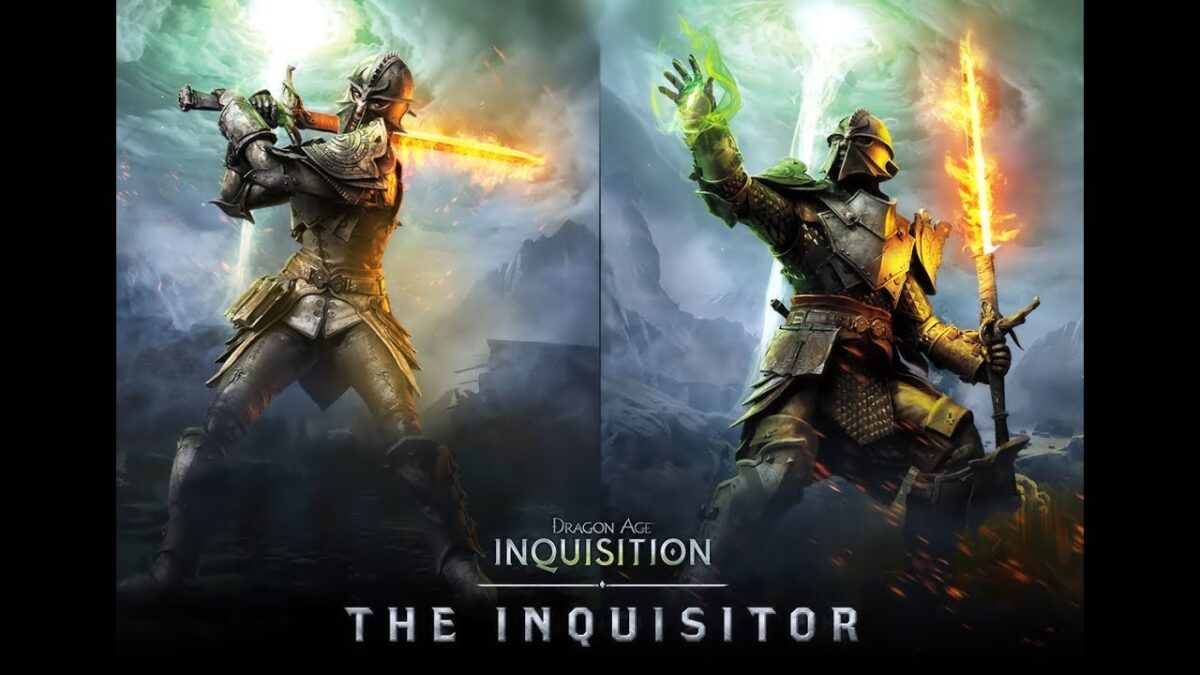Introduction
Hook: There are few RPG series as revered and beloved as Dragon Age, a franchise that has masterfully woven epic tales of heroism, magic, and political intrigue.
Overview: In this article, we will explore the origins of the Dragon Age series, its evolution over the years, and its profound impact on the RPG genre. From its creation by the iconic BioWare to the latest developments, join us as we delve into the rich history and legacy of Dragon Age.
The Beginnings of Dragon Age: The Creation of a Fantasy Classic
Dragon Age’s adventure started in 2009 with the launch of “Dragon Age: Origins.” Developed by BioWare, this game introduced players to the rich, immersive world of Thedas. The game’s intricate plot, complex characters, and choice-driven narrative quickly captivated gamers worldwide.
Key elements of Dragon Age: Origins included:
- Choice-driven stories: Players could shape the world and their character’s destiny through meaningful choices.
- Diverse characters: Memorable companions like Morrigan, Alistair, and Leliana added depth and emotional resonance to the story.
- Detailed lore: Thedas featured a carefully constructed world rich in history, politics, and magic.
Dragon Age: Origins set a high bar for future RPGs, and its success paved the way for sequels and expansions.
Development and Impact: How Dragon Age Redefined RPGs
Dragon Age II: A Controversial Yet Bold Step Forward
In 2011, BioWare released “Dragon Age II,” taking a different approach with a more focused narrative centered around a single character, Hawke. While the game’s streamlined mechanics and reused environments faced criticism, it also introduced several notable innovations:
- Character-centric storytelling: The game focused on Hawke’s rise to power over a decade, offering a more intimate narrative.
- Enhanced combat: The quicker, more dynamic fighting system attracted a wider range of players.
- Political intrigue: The game’s story delved deep into the political tensions of Kirkwall.
Despite mixed reviews, Dragon Age II showcased BioWare’s willingness to experiment and evolve the series.
Dragon Age: Inquisition: A Return to Form
In 2014, BioWare launched “Dragon Age: Inquisition,” which successfully balanced the grand scale of Origins with the character-focused narrative of Dragon Age II. The game was widely commended for its:
- Open-world exploration: Players could traverse diverse and vast landscapes, each teeming with quests and lore.
- Enhanced graphics: Stunning visuals brought Thedas to life like never before.
- Complex relationships: Players could build deep relationships with their companions, each with unique storylines and interactions.
Dragon Age: Inquisition garnered numerous awards, including Game of the Year, reaffirming its place among the RPG greats.
Dragon Age 4: The Future of Thedas
Fans are eagerly looking forward to the release of Dragon Age 4. While details remain scarce, teasers and promotional material hint at a return to the dark and politically charged world of Thedas. BioWare’s commitment to evolving the series while staying true to its roots has fans excited for what’s to come.
Key Takeaways
- Dragon Age: Origins set the standard for choice-driven RPGs with its rich lore and memorable characters.
- Dragon Age II made daring choices with a more concentrated storyline and quicker gameplay.
- Dragon Age: Inquisition effectively combined grand-scale adventure with deep, character-focused storytelling.
- Dragon Age 4 holds promise for the future, keeping fans eagerly anticipating its release.
In this look back at Dragon Age, we’ve explored how the series has developed, introduced new ideas, and made a lasting impact on the RPG genre. Whether you’ve been a fan for years or are just starting, the world of Thedas remains enchanting and inspiring. For more articles, check out our updates here.





